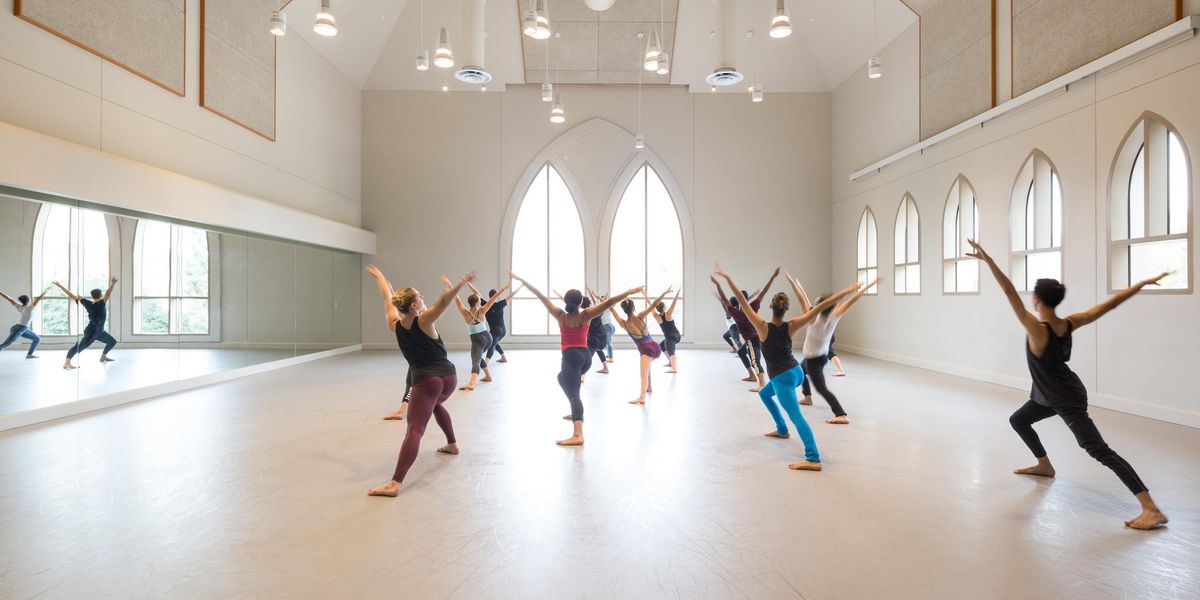Advice for Dancers: Trouble Ahead
Is it safe to do ballet with anteverted hips? And how substance abuse could stunt your career.
Do anteverted hips always lead to arthritis? My doctors say I should think about quitting ballet. Are they for real? I’m 22 and have trained in dance since I was 7. That’s my career!
—Alisa, Brooklyn, NY
I’m sorry that your doctor’s advice caught you off guard. It’s difficult to imagine ballet being harmful to your body at your age, especially when the diagnosis involves arthritis. Having anteverted hips means that you are “pigeon toed,” or born with hips that have more turn-in than turnout. This makes you more vulnerable to injuries, such as a torn labrum (hip cartilage), and may lead to arthritis and hip replacements down the road.
How have you gotten this far in ballet? You may have shallow hip sockets that have enabled you to force fifth position all these years. That could allow you to sublux, or move your hip partially out of the joint, for more turnout. Or, like many dancers, you may be hypermobile in your hips as a result of loose ligaments. Although you may be okay with these shortcuts for now, forcing your turnout could cause injuries or degeneration as you age. While I agree with your doctors that pursuing ballet with anteverted hips is risky, you might consider exploring contemporary dance techniques that put less emphasis on turnout. Your ballet training will give you a competitive edge in terms of “line,” without the threat of possible hip surgery.
I did countless auditions this year with no luck! The best I got was a scholarship at a dance school with a good company. Now I’m waiting to see if they’ll take me on as an apprentice, or hoping for a position somewhere else. I feel like I’m crumbling inside, and need weed and alcohol to lift my spirits. I desperately want a place to call home.
—Feeling Hopeless, Washington, DC
I feel your angst. Waiting for a job to appear is scary, especially since finding work isn’t simply a matter of having talent. Dance openings are always hit or miss, depending on the state of the economy and the number of dancers who retire within a specific company. While I understand your fear, resorting to substance abuse will only increase any feelings of anxiety and depression in addition to hurting your dancing. If you feel that self-medication is taking over your life, please catch this problem early by contacting Project Know: Understanding Addiction (888-287-0471; projectknow.com) or joining a 12-step program like Alcoholics or Narcotics Anonymous (aa.org; na.org). Meanwhile, give yourself credit for landing a scholarship at a dance school that offers the chance of joining the affiliated company, while preparing for the next round of annual auditions. You can also add more experience to your resumé by checking out notices on your school’s bulletin board for showcases, workshops with aspiring choreographers and short-term Nutcracker gigs. Remember: Many successful dancers audition several times before landing a full-time job.
I’m a theater dancer who’s been fortunate to develop a following on Instagram with my daily photos. This has led to a possible paying job as a makeup model with a big paycheck. Do I need an agent to look over the contract?
—Instagram Newbie, New York, NY
You should always have a professional review any contracts. However, it’s probably premature to look for an agent. Instead, I would recommend contacting an entertainment lawyer, which can be pricey, or Volunteer Lawyers for the Arts (vlany.org). In the latter case, this nonprofit organization offers pro bono arts-related legal services to low-income performers in New York. If the jobs continue to flow in, ask a few of your dance colleagues who engage in similar work for a referral to someone who might represent your interests. Be aware that an agent’s primary job is to find you work, whereas a manager focuses on career development (although many agents today are opting to take on a more managerial role, as well). Again, make sure you pass any contract for an agent or manager by a lawyer before signing on the dotted line.
Dr. Linda Hamilton
2000 Broadway, PH2C, New York, NY 10023
email: [email protected]
Former New York City Ballet dancer Linda Hamilton, Ph.D., is a psychologist in private practice, the author of Advice for Dancers (Jossey-Bass) and co-author of The Dancer’s Way: The New York City Ballet Guide to Mind, Body, and Nutrition (St. Martin’s Griffin). Her website is drlindahamilton.com.





